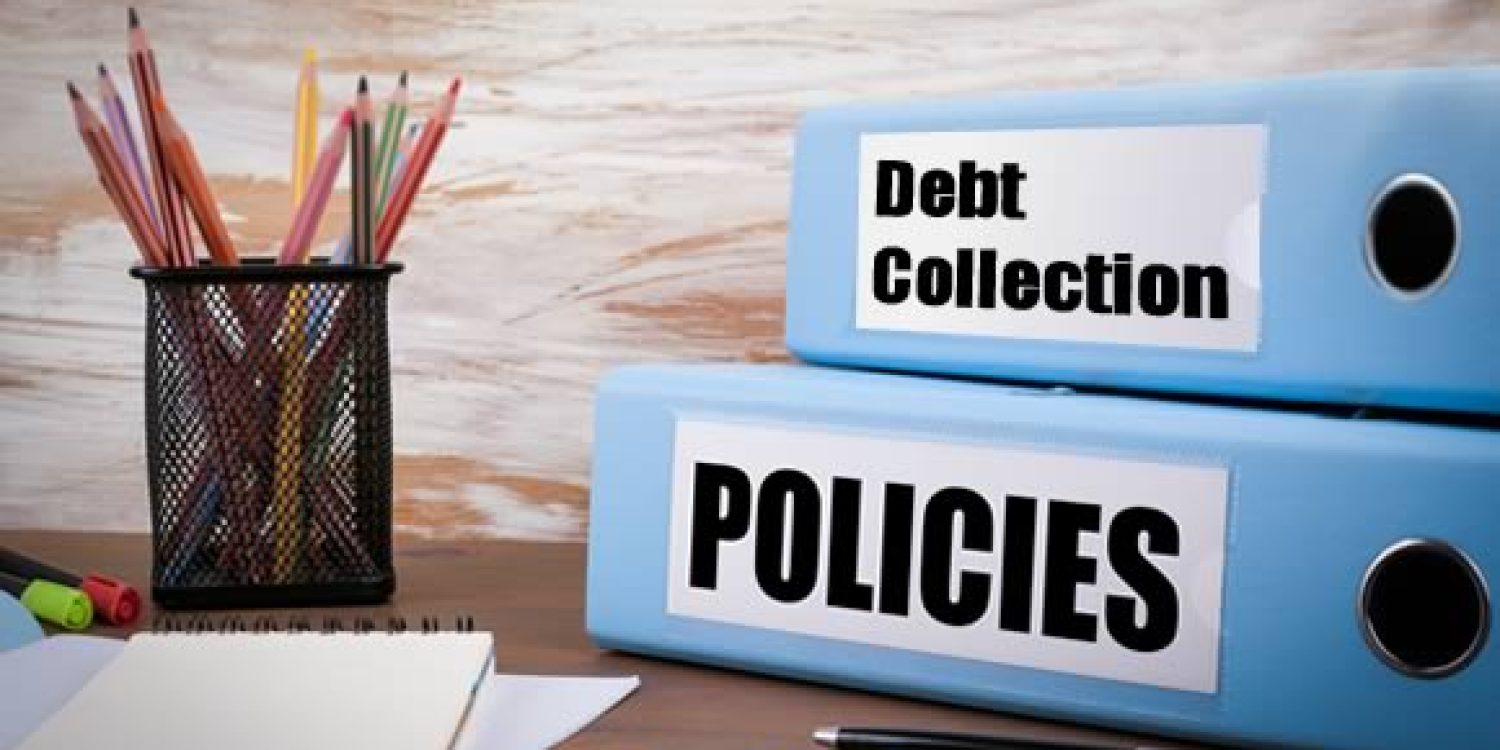In previous articles, we’ve discussed that the collection process starts with the invoice to the customer, and in our most recent article we discussed some of the best ways business owners and managers can make collection calls. In this article, we want to emphasize one of the most important aspects of the collections process – systematic follow-up.

As with any credit policy, collection practices should be flexible, but your company should develop a formal collection policy which outlines the timing and type of debt collecting efforts given a number of days that a customer is delinquent on their payment. An action matrix can be very helpful in setting these policy guidelines, for example:
- Delinquent 5-10 Days – Action – Send statement or first delinquency letter, and make the first phone call.
- Delinquent 11-20 Days – Action – Make a second phone call and monitor existing and new purchase orders.
- Delinquent 21-30 Days – Action – Make a third call and follow-up by sending a second delinquency letter.
- Delinquent 31-45 Days – Action – Place a hold on all existing and new purchase orders from the customer.
- Delinquent 46-60 Days – Action – Make a fourth call and follow-up by sending a final payment demand letter.
- Delinquent over 61 Days – Action – Place the customer’s account into enhanced collections and notify them.
As a general rule, the longer a customer’s account becomes past due, the more frequently and aggressively you should follow-up with that customer. As always, the number one goal is to collect the money owed to you. Systematically following-up with the customer gives you the opportunity to preserve goodwill with the customer while simultaneously getting the customer to discuss the account and late payment.
One of the benefits of creating a follow-up action matrix such as the example above is that it helps you maintain a strict schedule for contacting the customer for payment. Another benefit is that it allows you to receive updates from the customer on when payment will arrive and what the payment amounts are supposed to be, so you can make notes on their account. Then, if you don’t receive the promised payment you will be able to follow-up again, and this reinforces the serious nature of the outstanding payment.
As previously mentioned, a benefit to systematically following up with your customer is that you have the opportunity to preserve goodwill. Your customer may be experiencing difficulties in making payments today, but this does not preclude them from becoming an excellent customer in the future! Therefore, make every effort to preserve goodwill while pressing for the collection of past due payments. To accomplish this requires not only tact, but knowing your customer and their industry.
Here are three tips that can help you preserve goodwill with your customer during your follow-up collection communications:
- Be over polite and humble. Resist the urge to get upset or angry by always remaining professional in your communications. By consistently maintaining a polite but firm tone in your communications with customers you can emphasize the importance of collecting the debt without intentionally provoking them to anger. You never want a customer to withhold payment merely because they are ‘upset’ with you.
- Systematically following up with your customer doesn’t mean that you harass them with daily phone calls or emails. Just be consistent in your efforts, once a week at first then escalate to two or three times a week.
- Stand out in a good way. Be professional, personable, and likable, give your customer reasons to put you at the top of their priority list and if it is in your best interest work with them to get a payment schedule in place. Always leave your customer with a sense of urgency to make the payment and always observe proper telephone/email manners. You can be understanding of a customer’s problems and listen to their plans to resolve them, but your number one goal is to get them to agree and make payment.
We hope that you find these follow-up tips helpful in developing your collection policies. And when you have debt collection issues and need someone on your side, or maybe you want a better understanding of how you can recover bad debts, know that Burt and Associates is your go-to expert. Please feel free to contact us today through our website, email, or by phone. Our representatives are available to help you today.






